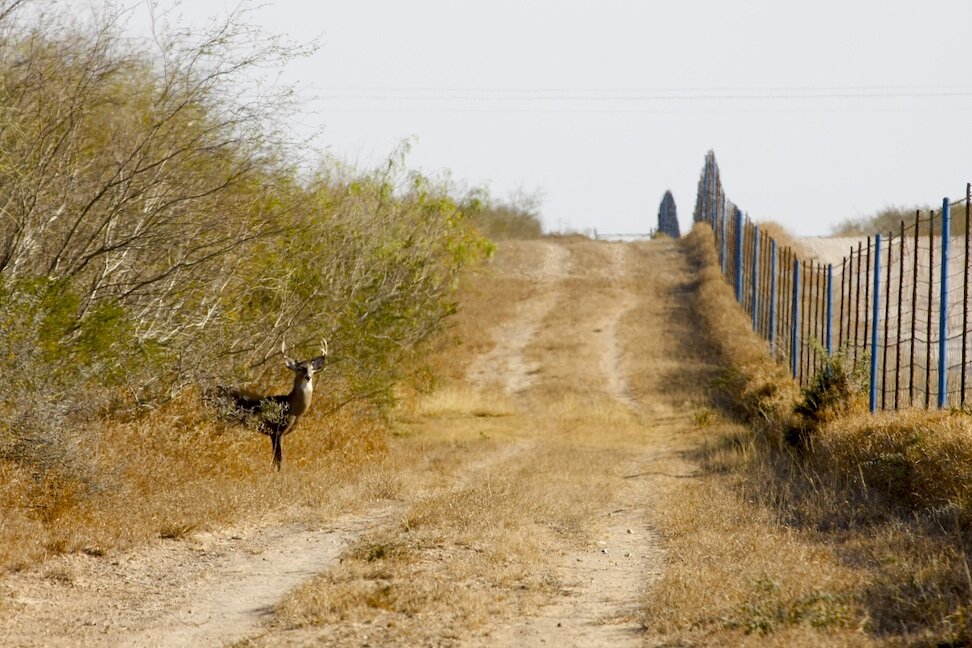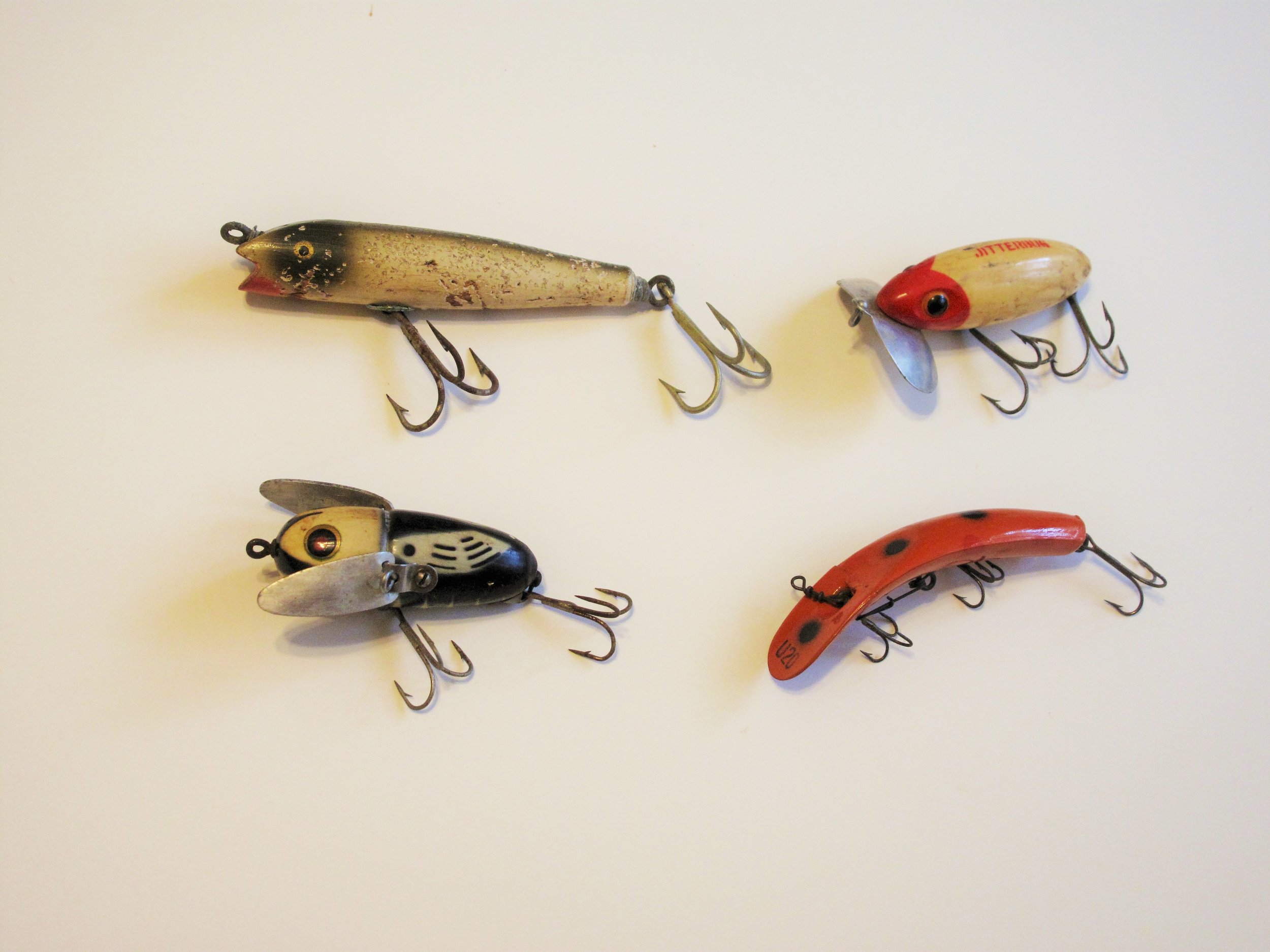Don't Fence Me In: Game Farms, Pro and Con
Two things in hunting are guaranteed: fenced game farms will be its ruin and fenced game farms will be its salvation. And therein lies the debate. And what a heated debate it is. People pick sides, call names, turn red, fuss and fume while anti-hunters sit back and smirk. A nation divided against itself cannot stand. And our nation of conservation hunters is already weak because we are but a loose confederation. We sign no loyalty oath, pay no annual dues, elect no officers. We are joined by nothing more than the hunting licenses we buy, our individual love of Nature and our dedication to interacting with Her as hunter-gatherers, omnivores with as much right to hunt and gather our daily bread as any falcon, wolf or spider. Each of us reconnects with the great outdoor world, the real world that sustains us all, when we hunt. Hunting restores our spirits as much as our muscles. Oddly, we have no argument with berry hunters getting strawberries from a Pick-Your-Own farm. We never howl when mushroom hunters gather their morsels from a supermarket shelf. But when someone shoots a whitetail on a 7,000 acre, fenced “game farm,” we condemn them. Only “wild” deer should be hunted. What is the difference? “If you have to ask that question,” purists say, “you'll never understand the answer.” Let's try anyway. The following are common arguments for and against fenced hunting and “game farms,” defined as any human-controlled operation that breeds, feeds, raises, shelters, guards or otherwise manipulates wildlife (including semi-domesticated representatives of classically wild species.) Pro: Fenced Game Farms
Protect habitat that might otherwise be converted to monocrop agriculture or subdivisions.
Provide places to hunt in areas that might otherwise be tightly posted against hunting.
Increase numbers of hunt-able species like pheasants, quail, whitetails.
Provide optimum habitat/nutrition/predator protection so bucks can grow to maximum potential.
Keep game (behind fence) from wandering onto highways or into poachers.
Give physically challenged hunters an option to be successful.
Provide training for novice hunters.
Reduces numbers of “hunters” on public lands.
Con: Fenced Game Farms
Animals behind fences aren't wild or natural, giving “hunters” an unfair advantage.
“Wild” animals shouldn't be contained or blocked from free migrations.
Shooting game over piles of feed or inside fences isn't fair chase.
Fencing game results in unnatural genetics with animals unable to move freely.
Providing easy game on farms lulls hunters into thinking all is well and wild habitat doesn't need to be protected, defended or enhanced.
Game farms ignore less popular species.
No one has the right to pen any wild species.
Some folks suggest a Mind Your Own Business approach to game farms. You hunt your way, I'll hunt mine. But this ignores society's penchant for passing laws (some by citizen initiative) telling other people what to do. Anti-hunting organizations hope to eventually have all forms of hunting outlawed. Do game farms give them ammunition to use against us? What do you think? Is there room for game farms? Will private property soon be the only property on which we can hunt? Will animal rights activists get all public land closed to hunting? If it's wrong to hunt four square miles of dense habitat behind a fence, then is it wrong to hunt on a four-square mile island? If it's wrong to hunt over a pile of corn, is it wrong to wait beside a half-acre of turnips? A 40-acre corn field? Most importantly, is there any way for the hunting community to stop infighting and come together on this and similar ethical issues so we can concentrate on the more serious need to enhance habitat, manage wildlife, educate the ignorant general public and prevent more anti-hunting legislation? # # #












